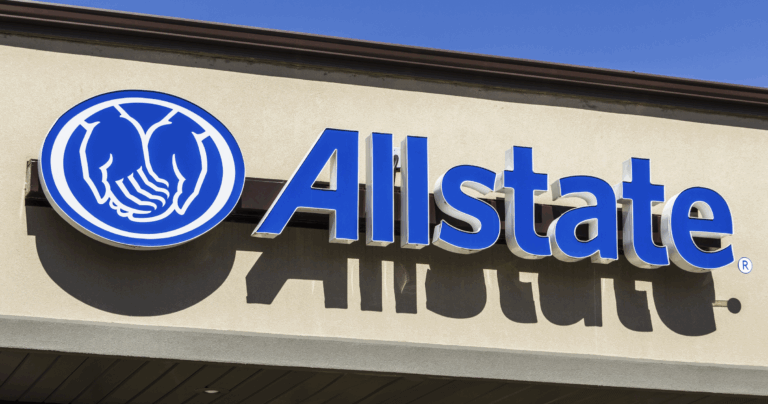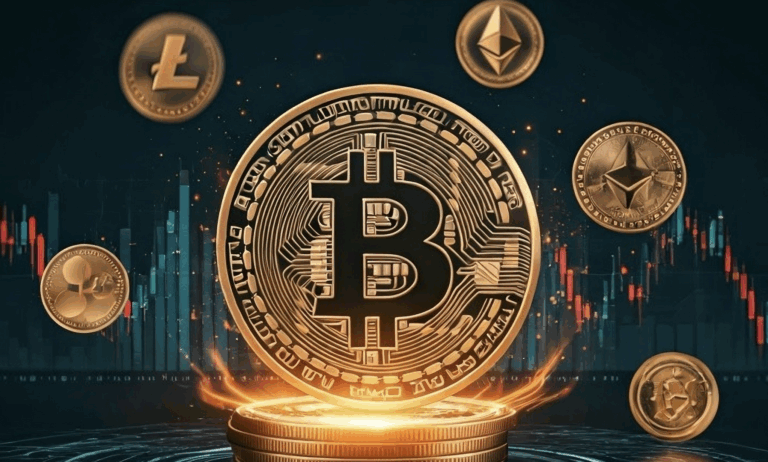Autor: Shelby Benavidez
Abogado colaborador: Ashley Carpenter, attorney
Every day, Americans use the internet for shopping, banking, working, learning, and socializing. Unfortunately, without even realizing it, we upload an enormous amount of personal information. While saving our data can make our digital lives convenient, it also makes us vulnerable. Hackers, identity thieves, and careless companies can misuse or expose personal data, leading us to potentially devastating consequences.
Privacy and cybersecurity laws help keep people, businesses, and government organizations safe from online risks. Unlike the European Union, which has one main law called the GDPR, the United States has a mix of federal and state laws that cover different kinds of data. Knowing these laws is important to protect yourself online.
U.S. Privacy and Cybersecurity Laws Overview
What Is Privacy and Cybersecurity?
Privacy online means you have the right to control your personal information. This includes sensitive data such as your Social Security number, medical records, bank account details, and even online search histories. Privacy protection allows you to decide who sees your information and how it’s used.
Cybersecurity is how we protect our systems, networks, and data from digital attacks. Hackers, cybercriminals, and even foreign governments target sensitive data for financial gain, espionage, or disruption. Things like strong passwords, encryption, two-factor authentication, and firewalls help defend against these threats.
Privacy and cybersecurity are interconnected. Without strong cybersecurity, privacy can’t be protected. Privacy laws often require organizations to use strong cybersecurity to keep people’s data safe.
Privacy and Cybersecurity Laws in the U.S. Everyone Should Know
The Privacy Act of 1974 was one of the first federal laws to set rules for how government agencies handle personal information. It limits how agencies can collect, use, or share your data without permission. For example, when you file your taxes with the IRS, this law prevents them from selling or sharing your data.
El Health Insurance Portability and Accountability Act (HIPAA) protects your medical records. It requires doctors, hospitals, and insurance companies to keep your health information private and secure.
El Children’s Online Privacy Protection Act (COPPA) protects kids under 13 when they go online. Websites and apps must get a parent’s approval before collecting any information about children, like names, email addresses, or even search history.
The Gramm-Leach-Bliley Act (GLBA) applies to banks and financial institutions. It requires them to explain how they collect, use, and protect your personal data. The Federal Trade Commission Act (FTC Act) allows the FTC to take action against companies that fail to protect people’s datao or mislead customers about their privacy and security practices.
El Cybersecurity Information Sharing Act (CISA) of 2015 encourages businesses and government agencies to share details about cyber threats to help them respond faster and stop attacks. CISA also gives some legal protection to companies that share this information in good faith.
Some states have passed their own laws, too. For example, California’s Consumer Privacy Act (CCPA) gives people the right to know what data companies collect, ask for that data to be deleted, and stop companies from selling it. States like Virginia and Colorado have created similar laws to protect people’s digital rights.
All together, these laws help protect personal information in many areas, including government, healthcare, banking, and technology. Sometimes you may be asked to sign forms about your privacy, such as at the doctor’s office (HIPAA) or when giving permission for a child online (COPPA). Always read these forms carefully before signing. Make sure you understand what they say, and ask questions if something is unclear. These forms explain how your information will be used, so it’s important to know what you’re agreeing to. It’s also important to note that certain businesses and government agencies are required to share your information with law enforcement agencies and state authorities under certain circumstances.
Why Cybersecurity Laws Are Important for Individuals and Businesses
Just as you would lock your car or your house to prevent someone from stealing your belongings, cybersecurity locks down your information stored online. They protect individuals by giving them control over personal data and holding companies accountable for mishandling it.
The same goes for businesses or government agencies. They help businesses by pushing them to invest in better security, which lowers the chance of expensive cyberattacks and damage to their reputation. They also protect the country by keeping important systems like power, transportation, and elections safe from hackers and terrorists. Most importantly, these laws build trust in online services, which is needed for the digital economy to flourish.
How U.S. Cybersecurity Laws Affect Daily Life
Privacy and Cybersecurity Laws Impact Everyday Online Activities
Privacy and cybersecurity laws affect your daily life even when you don’t give them a second thought. Face ID, photos, passwords, banking information, text messages, and all the things you use on a daily basis are protected by invisible barriers. When you shop online, secure payment systems are often mandated by law to protect your credit card information.
Privacy policies, required by regulations, inform you how your data will be used. If a company experiences a data breach, many states require that affected individuals be notified promptly. These protections create a safer online environment and give consumers legal recourse if their data is compromised.
Challenges Facing U.S. Cybersecurity and Privacy Law
Even with these protections, there are still challenges. The U.S. pieces together many different federal and state laws to protect cyber data, which leaves gaps in coverage. New technology like artificial intelligence, smart devices, and deepfakes are growing faster than laws can keep up. Cybercrime often happens across countries, which makes it harder to enforce the rules. Hackers can also hide their identity or attack from outside the U.S., making prosecution tough. Laws will need to keep changing to stay effective against these threats.
Real-World Impacts of U.S. Privacy and Cybersecurity Laws
Do Cybersecurity Lawyers Go to Court? Understanding Their Role
While many cybersecurity lawyers spend most of their time advising clients and drafting policies, they do appear in court when data breaches result in lawsuits. Lawyers may represent companies that failed to secure customer data or individuals whose personal information was compromised. Government agencies, such as the FTC or state attorneys general, also pursue legal action against organizations that violate privacy or cybersecurity laws, requiring lawyers to take an active role in litigation.
Famous U.S. Cybersecurity Breaches and Lessons Learned
Big data breaches show why cybersecurity laws matter so much. In 2017, Equifax was hacked, and personal information like Social Security numbers and birthdates of about 147 million Americans were stolen. Afterward, Equifax had to tighten its security and pay compensation to the people affected.
In 2013, Target was hit by hackers who stole credit card and personal information from more than 40 million customers. This showed how important it is for companies to follow strong cybersecurity rules.
In 2021, the Colonial Pipeline was attacked with ransomware, cutting off fuel supplies on the East Coast for several days. This wasn’t just an inconvenience—it became a national security issue and proved that private companies and the government need to work together to protect critical systems.
These cases are reminders that weak cybersecurity can have serious consequences for people, businesses, and even the country as a whole.
Practical Tips to Protect Your Privacy Online
Individuals can take simple steps to stay safe online. Use strong, unique passwords for all accounts, enable two-factor authentication, and regularly update software to patch security vulnerabilities. Be cautious about sharing personal information on social media and review privacy settings on apps and websites. Check privacy policies to understand how companies handle your data and exercise your rights under laws like CCPA by requesting access or deletion of personal information when possible.
The Future of Privacy and Cybersecurity Law in the United States
Experts predict a national privacy law may soon standardize protections across all states, giving Americans equal digital rights. Emerging technologies like AI, biometrics, and connected devices will likely be regulated more closely. International cooperation will become increasingly necessary to combat global cybercrime, and individuals will gain more control over their personal data. Cyber law will need to evolve continuously to keep pace with technological advances and ensure both privacy and security.
Key Takeaways: Staying Safe and Informed Online
Privacy and cybersecurity laws affect every internet user. From the Privacy Act of 1974 to modern regulations like CISA and CCPA, these laws protect individuals, guide companies, and secure critical infrastructure. High-profile breaches such as Equifax, Target, and Colonial Pipeline demonstrate the importance of proactive security measures and legal accountability. Understanding these laws empowers individuals to make safer choices online, hold companies accountable, and navigate the digital world with confidence.




